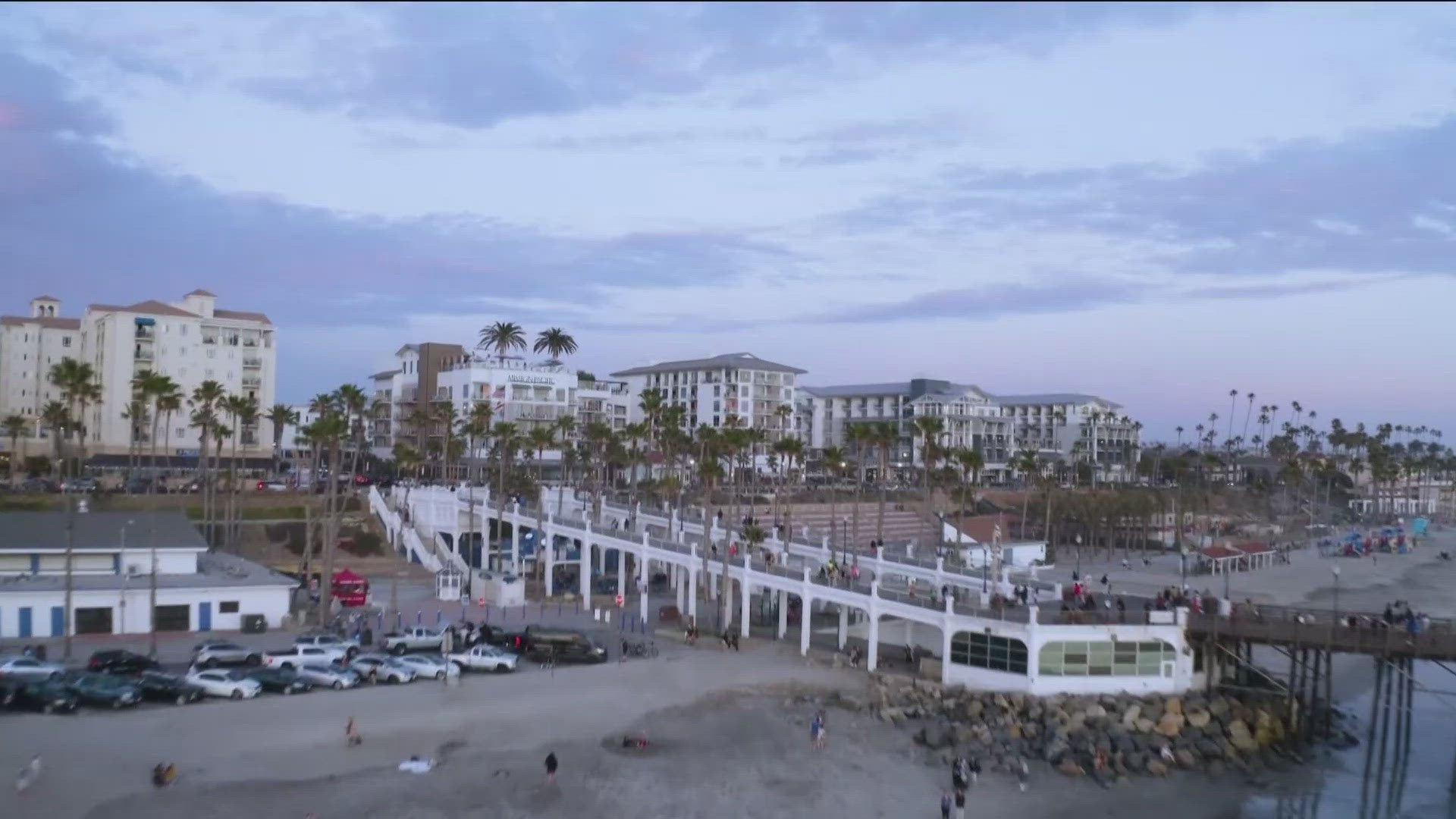SACRAMENTO, Calif. — We’re halfway through 2024 and some of the new laws signed by California Governor Gavin Newsom are set to go into effect.
Those new laws place a sales tax on guns and ammo, require bars to offer date-rape drug testing kits to customers, eliminate hidden/junk fees, increase access to menstrual products in schools, cap security deposits and require employers to implement workplace violence prevention plans.
For a look at some of the big laws going into effect on July 1, view the list below.
The Gun Violence Prevention and School Safety Act puts an 11% state tax on guns and ammunition. California is the first to implement such a law, and the funds are supposed to go to school safety and violence prevention programs.
SB 684 is intended to streamline the construction of housing developments. It requires cities and counties to approve — without public hearings or votes — certain projects with 10 or less housing units in urban areas. The lot can’t be larger than five acres. The law was originally applicable in single-family residential zoning districts, but a late amendment now means the law only applies to sites zoned for multifamily housing.
This law mandates certain alcoholic beverage license holders to offer drug testing kits for sale or at no cost to patrons. Places with a Type 48 license should have signs up letting people know the kits are available to test for date-rape drugs. It will be up to each establishment to get their own kits; the California Department of Alcoholic Beverage Control will not sell or provide them.
This is a price transparency bill. According to California Attorney General Rob Bonta's Office, the law "makes it illegal for businesses to advertise or list a price for a good or service that does not include all required fees or charges other than certain government taxes and shipping costs." It does *not* change what a business can charge or what may be included in the cost - just that the business can't 'surprise' a customer with an unexpected fee tacked onto their bill.
Lawmakers are currently fast-tracking an exemption for restaurants. That particular bill, SB 1524, is still working its way through committee review.
The ‘Keep Kids in School’ bill changes education code to ban suspending K-12 students based on “willful defiance.” Previous code only applied to grades K-8. A portion of the bill discusses research finding students of color, homeless students, students with disabilities and LGBTQ+ students are more likely to be suspended for “willful defiance” than their peers.
Under current law, public schools with grades 6-12 must stock bathrooms with free menstrual products. New law AB 230 expands the requirement to public schools with grades 3-5 — meaning free menstrual products must now be available to grades 3-12.
The Right to Repair Act is supposed to make it easier for owners of electronic devices to make repairs themselves or take them to independent repair shops. The law requires manufacturers to make tools, parts and software available for seven years after the production of devices sold for more than $100. The window of time for less expensive devices is shorter at three years.
Under AB 12, landlords can’t ask for a security deposit greater than one month’s rent. It’s designed to make housing more accessible and affordable since some landlords have previously asked for 2-3 months of rent. Landlords are still allowed to seek damages from tenants if repairs exceed the security deposit amount.
This law requires employers to develop and implement workplace violence prevention plans. It applies to almost all employers with limited exceptions. The plan must be in writing, easily accessible and contain an anti-retaliation provision. Employers must also have workplace violence incident logs, and provide staff with annual training about the law, how to report incidents and keep a record of the training.



